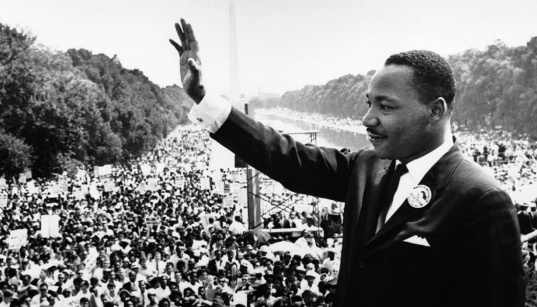How Martin Luther King Jr. Was Inspired by Christian Faith
Understanding how Martin Luther King Jr. drew inspiration from his Christian faith offers valuable insights into his life and the civil rights movement. His beliefs not only shaped his personal convictions but also informed his activism, providing a moral foundation for the struggles of many. This exploration serves as a reminder of the powerful intersection between faith and social justice.
The Role of Faith in King’s Vision
Martin Luther King Jr. firmly believed that love and faith were essential components of social justice. Inspired by the teachings of Jesus, he preached that love should extend even to one’s enemies. This revolutionary idea of “agape” love, which emphasizes unconditional love, was key to his vision of a racially integrated and harmonious America. King often cited biblical passages to emphasize his points, ensuring that his audience could connect on a spiritual level. His faith provided a powerful moral framework, allowing him to stand firm during times of immense adversity.
The Influence of the Church
King’s background as a minister significantly influenced his approach to leadership. The African American Church during the Civil Rights Movement was not just a place of worship but a hub for community organization and support. King utilized the church as a platform to mobilize people for civil rights activism. By incorporating spirituals, prayers, and sermons into his speeches, he inspired and energized the community, making faith an integral part of the struggle for social justice. The church also provided a sense of hope and solace, reinforcing the notion that their fight was not just political but deeply spiritual.
Faith as a Source of Resilience
In the face of intimidation, violence, and personal loss, King’s Christian faith served as a source of resilience. He drew strength from his belief in God and the ultimate victory of justice and righteousness. His faith in divine justice bolstered his commitment to nonviolence, even when confronted with brutality. King famously stated, “Darkness cannot drive out darkness; only light can do that. Hate cannot drive out hate; only love can do that.” These words encapsulate his deep conviction that faith, hope, and love are powerful tools for change.
Conclusion
Martin Luther King Jr.’s life and work offer profound lessons about the power of faith in advocating for social change. His Christian beliefs informed his vision, mobilized communities, and equipped him with resilience against adversity. As we reflect on his legacy, let us consider how our own convictions can inspire action in our lives and communities. I encourage you to delve deeper into King’s teachings and explore how faith can be a catalyst for social justice today.

